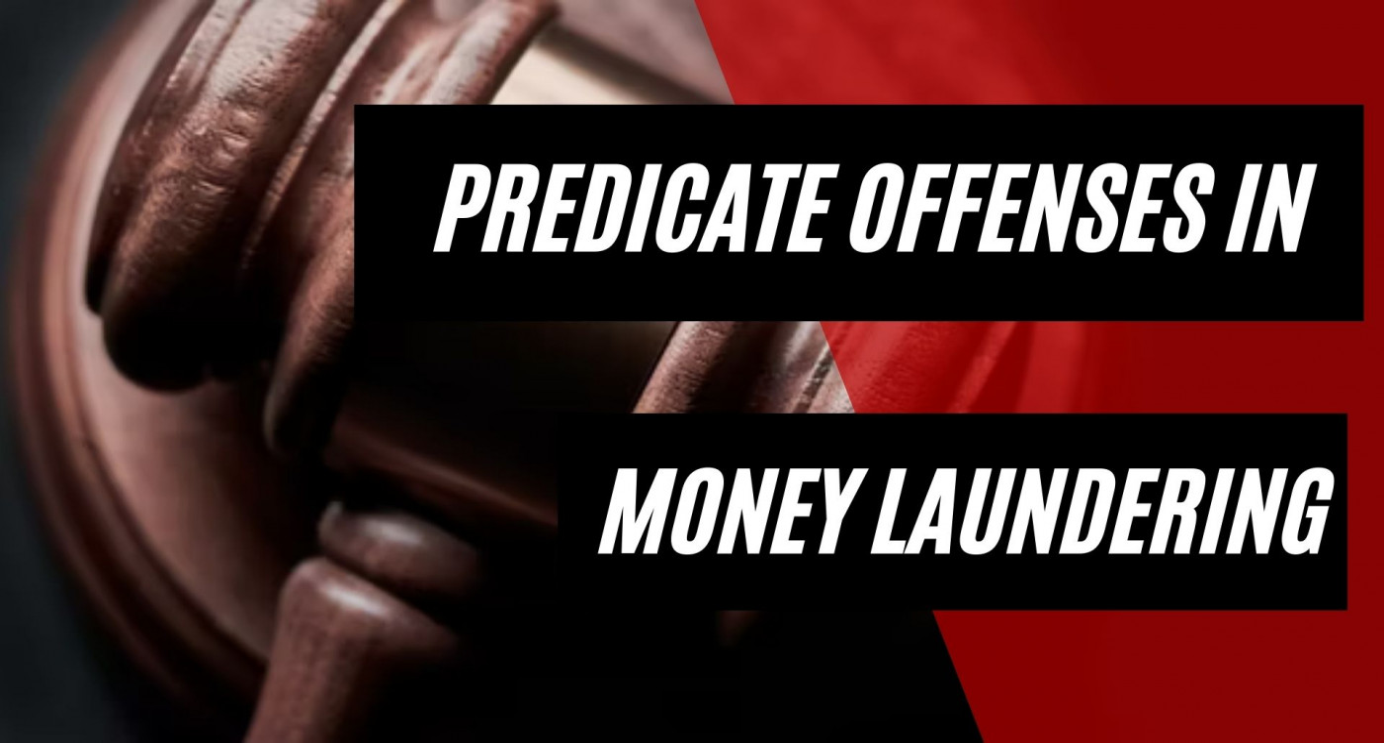Description

Copyright infringement not intended
Picture Courtesy: https://financialcrimeacademy.org/predicate-offenses-in-money-laundering/
Context: Supreme Court quashes money laundering case against Chhattisgarh ex-IAS officer and son, citing absence of predicate offence and proceeds of crime.
Details
- The Supreme Court's decision to strike down the money laundering case related to the alleged Chhattisgarh liquor scam highlights several critical legal and procedural aspects.
Case Background
- Allegations and Investigation: The Enforcement Directorate (ED) initiated a probe into the Chhattisgarh liquor scam, alleging corruption and irregularities involving state officials and influential individuals within the liquor industry.
- Basis of ED Complaint: The ED registered a money laundering case based on allegations of bribery and financial misconduct within the Chhattisgarh State Marketing Corporation Limited (CSMCL) between 2019 and 2022.
Supreme Court's Decision
- Lack of Predicate Offence: The Supreme Court held that the ED's case lacked a "scheduled offence" or predicate offence under the PMLA, which is essential to establish the foundation for money laundering charges.
- Limiting Enforcement Powers: The ruling clarifies and limits the extent of enforcement powers under the PMLA, ensuring that charges of money laundering are substantiated by a predicate offence.

About Predicate Offence
- The concept of predicate offences in the context of money laundering under the Prevention of Money Laundering Act, 2002 (PMLA) is fundamental to understanding the legal framework surrounding the prosecution of individuals for money laundering activities in India.
- Money laundering involves transferring illegally obtained money through legitimate channels to hide its illicit origin. Therefore, for an act to constitute money laundering, the funds must be derived from an underlying criminal activity known as a predicate offence.
Legislative Framework
- The PMLA, enacted in 2002, specifies a list of offences in its Schedule that qualify as predicate offences. These offences include a wide range of criminal activities under various penal statutes such as the Indian Penal Code (IPC), Narcotic Drugs and Psychotropic Substances (NDPS) Act, Unlawful Activities (Prevention) Act, Prevention of Corruption Act, and others.
Judicial Interpretation
- The Supreme Court has clarified through various judgments, that the commission of a scheduled or predicate offence is a prerequisite for establishing the offence of money laundering. This means that to charge an individual with money laundering, there must be a prior commission of a specified criminal offence listed in the PMLA Schedule.
Conclusion
- The concept of predicate offences plays an important role in the enforcement of anti-money laundering laws in India. It highlights the necessity of establishing a direct link between criminal activities and subsequent attempts to launder illicit funds. The requirement of a predicate offence ensures legal clarity, accountability, and adherence to due process in prosecuting individuals involved in financial crimes under the PMLA.
Must Read Articles:
ANTI-MONEY LAUNDERING LAW
ENFORCEMENT DIRECTORATE
Source:
The Times of India
|
PRACTICE QUESTION
Q. What is the term used for the underlying crime that generates the proceeds laundered in a money laundering case?
A) Subsequent offence
B) Predicate offence
C) Parallel offence
D) Source crime
Answer: B
|










